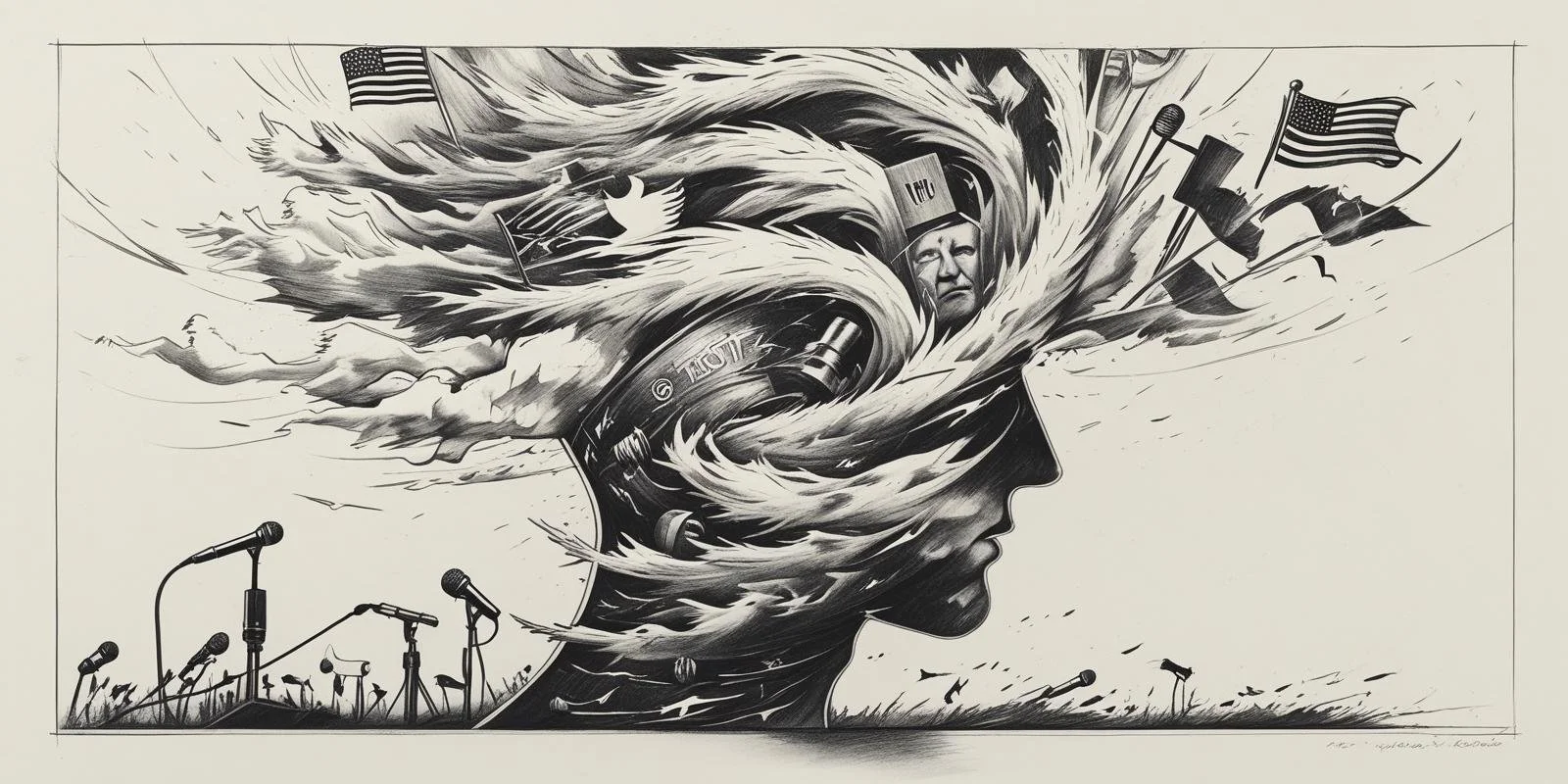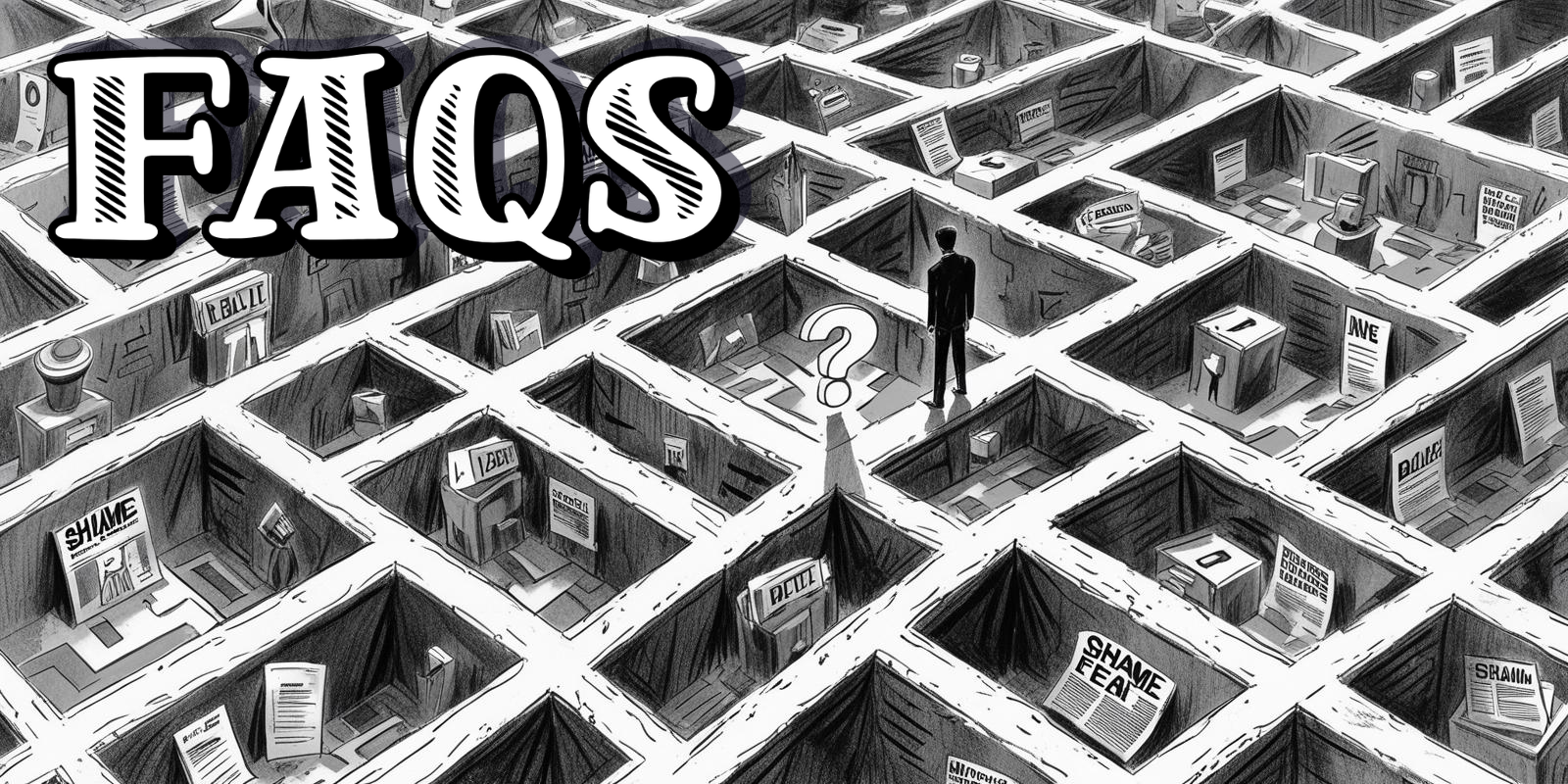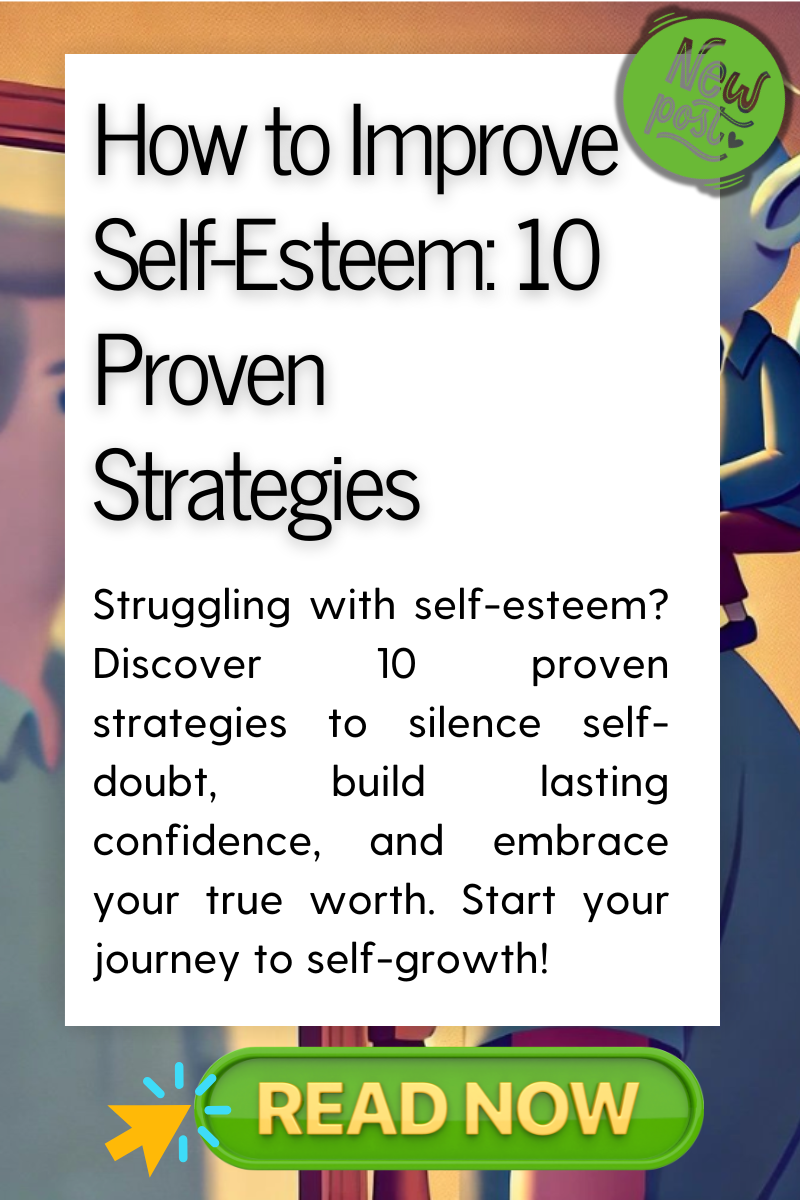Why People Project Onto Trump: The Mirror We Refuse to See
I’ve been turning something over in my head for a while. What if people don’t just hate Donald Trump... they hate what they see in themselves when they look at him?
And I’m not talking about legitimate critiques. There are plenty of examples of policy missteps, classified government documents, or details of objective facts investigated by federal prosecutors, congressional investigators, or even the secret service.
This isn’t about tax relief, the Trump Tequila tax, or debates over disaster relief through the Federal Emergency Management Agency.
I’m talking about the visceral stuff.
The emotional eruptions.
The fires of political violence kind of stuff.
There’s a deeper, messier layer here.
Projection: A Tactic People Use Without Knowing It
Projection is one of those automatic psychological processes that we rarely see in ourselves. It’s a well-documented defense mechanism in Freudian and Jungian psychology that helps us manage internal conflict by externalizing it.
It’s also a survival strategy. A form of unconscious psychological process where we take what we can’t face in ourselves and pin it on someone else.
Psychologists describe it as an example of unconscious psychological processes… where anger, shame, or fear gets hurled outward rather than digested internally.
And let’s be honest... Trump is the perfect target.
Trump as the Rorschach Test-in-Chief
From the White House press room to his rounds of golf at Lago estate, Trump has become a living umbrella phrase for controversy.
He’s loud, brash, inflammatory, and unapologetically centered on himself.
That triggers something primal in people.
For some, he embodies the conservative agenda.
For others, he’s the physical manifestation of the rejection of the American family… or the crumbling of middle-class life.
Whether it’s his running mate pick, inflammatory remarks, or Trump’s claims about President Joe Biden, Trump stirs person’s emotions in a way that most candidates from their own party don’t.
His presence, especially in an election season, becomes more than political. It becomes personal.
I’ve seen clients lose their grip on control of their decision-making abilities just hearing his voice.
I’ve watched them cite alternate explanations, correct untruths, or pull from trusted sources in debates that leave both sides feeling like they’re fighting for their person’s beliefs… not policies.
Projection Runs in Both Directions
Here’s the twist... Trump projects too.
In fact, projection may be the strategy Trump relies on more than any other. Analysts have observed Trump’s use of projection as a recurring pattern—accusing others of exactly what he’s being criticized for.
He calls others corrupt when his own history includes unsecured personal email servers, unsecured personal cellphones, and questionable dealings with classified material.
He calls people “crooked,” while dodging accusations himself.
From Hillary Clinton to Ron DeSantis, Vice President Kamala Harris to JD Vance, Trump often casts others’ wrongdoings into the spotlight… often in specific ways that mirror his own controversies.
It’s not just convenient... it’s a psychological strategy.
A sleight of hand.
And for some people… it works.
The Psychological Strategy Candidates Use (and We Fall For)
Political figures have a long history of projecting.
It’s part of how they frame narratives to avoid being seen in a negative light.
But Trump took it mainstream.
He’s normalized it.
It’s become the only way many people can make sense of politics now.
Not through objective facts, but through person’s minds being shaped by outrage, memes, and political information filtered through emotion.
Add in the backfire effect, where confronting falsehoods makes people double down, and you get a psychological minefield. The backfire effect is a cognitive bias where being confronted with facts can paradoxically strengthen false beliefs.
This is why even sales tax, lung cancer, or debates about the state of emergency and additional detention space can become explosive topics.
Because we’re no longer talking about policy.
We’re talking about identity. Emotional identity, not rational evaluation, is often the driver behind political decision-making according to the American Psychological Association.
The Danger of Unchecked Projection
If we don’t claim our projections, we keep needing villains.
We cling to outrage.
We look at every member of the Democratic Party (or Republican, depending on your view) as the problem.
We dissect similar acts but only condemn the ones done by the opponent’s side.
We obsess over the city’s mayor or the secretary of state… but never our own role.
And when tragedy strikes, like the recent assassination attempt or fears of World War III, we miss the chance to grieve, heal, or reflect.
Because we’re too busy projecting.
What If There’s a Different Way?
Maybe this is the first time we’re waking up to just how deep projection runs.
Maybe this is our invitation... not to like Trump, but to reclaim our emotional power.
To ask:
Why does this trigger me?
What part of myself am I afraid to see?
What’s the challenging concept I’ve been avoiding?
This isn’t about ignoring Trump’s fellow Republicans, Democrats’ beliefs, or policy consequences.
It’s about moving forward with clarity, not bitterness.
Because if we don’t…
We’ll keep outsourcing shame.
We’ll keep fueling polarization.
We’ll keep forgetting how to feel whole.
Reflection Prompt
What’s one thing about Trump (or another public figure) that sparks outrage in you?
Then ask:
Is there any small way that part might exist in me, too?
No judgment.
Just observation.
When we face our shadows, we stop needing someone else to carry them.
Join the Conversation
This post is one side of the story… the other side is yours. What came up for you?
FAQ: Understanding Projection in Politics
Q: What exactly is projection, and why does it show up so much in politics?
Projection is one of our brain’s go-to defense mechanisms. It happens when someone unconsciously attributes their own faults or fears to someone else—often a public figure. In politics, this plays out like a stage drama, with voters and candidates engaging in an array of mental gymnastics to avoid facing difficult truths about themselves or their political party. It’s easier to condemn than to reflect.
Q: Why does Trump provoke such intense emotional reactions in people?
Trump tends to spark a particular emotional reaction because he represents more than policy—he taps into our automatic emotions. In a hotly charged climate, he becomes a symbol people attach their frustrations to. Some see him as the best person for change; others see him as the most evil thing they can imagine. Either way, projection magnifies it. Trump’s remarks, tone, and tactics feed right into the emotional circuitry of people’s minds.
Q: Doesn’t every politician use projection, not just Trump?
Absolutely. Psychological strategies candidates use aren’t new. Projection shows up across the sides of the political aisle. Trump’s claim that opponent Hillary Clinton’s use of an unsecured personal email server was dangerous, for example, mirrors his own controversies—like the unsecured personal cellphone or handling of classified documents. It’s part of a particular formula used to shift attention.
Q: How does projection influence voters?
Projection exploits unconscious psychological dynamics. Voters may support a candidate not for their policies, but because they mirror parts of themselves—whether they recognize it or not. This includes people who believe their candidate is the only politician who tells the truth. When challenged, some fall back on trusted sources, while others may experience a shutdown due to unconscious thought processes. The end result? Voters become emotionally attached rather than critically engaged.
Q: What role do social media and information play in all this?
Social media efforts amplify projection by delivering curated emotional content that reinforces what people already believe. This creates echo chambers and ideological silos that reinforce projection and polarization, particularly during election cycles. In the wake of this event—the digital era—we’re more likely to accept factual claims without evidence, share inflammatory language, and demonize the other side. It’s part of a system built on people’s reliance on fast information instead of slow thinking.
Q: Can this really affect things like policy or elections?
Yes. Psychological projection can influence discussions around real issues—gun control, drug addiction, or the needs of middle-class families. When policy debates are filtered through projection, facts get lost. People may use a bomb threat as proof of lawlessness while ignoring similar acts from their candidate’s own party. This leads to skewed voting patterns and a distorted view of what’s truly at stake.
Q: Is the Biden administration doing the same thing?
Projection isn’t exclusive to one side. Critics of the Biden administration may point to things like inflation or issues with imported goods as moral failings, while supporters ignore problems due to emotional loyalty. Every party is vulnerable. Even democrats’ belief in their moral high ground can blind them to missteps—especially when viewed through unconscious psychological dynamics.
Q: Why do political conversations feel so personal now?
Because they are. When someone attacks your chosen leader, it can feel like an attack on your own family or identity. This is the emotional power of projection. Our reactions are no longer based on rational debate, but on perceived threats to self. It’s why disagreements escalate quickly and why compromise feels impossible.
Q: What’s the danger of unchecked projection in a democracy?
Unchecked projection contributes to the history of dysfunction we see in government and public discourse. It allows voters to ignore their party’s flaws, accept propaganda, and dismiss counting of electoral votes as invalid based on emotion—not evidence. It encourages division, rewards extremism, and prevents healing.
Q: Can projection explain odd debates like people politicizing pets or golf?
Surprisingly, yes. Even people’s pets and rounds of golf have been framed as symbols of excess or virtue depending on who’s playing. When projection takes over, even the mundane becomes moralized. It’s not about the act—it’s about the meaning we assign to it through the lens of projection.
Q: Is there hope for getting past this?
Yes, but it takes work. It starts by noticing our triggers and asking where they come from. It means questioning the absence of evidence in our beliefs and confronting how projection influences our view of the international community, domestic policy, and personal identity.
Projection isn’t evil.
It’s human.
But awareness is the first step toward moving beyond it.
Essential Reads for Understanding Projection, Politics & the Human Mind
If you’ve ever caught yourself swept up in a headline, a heated debate, or the emotional pull of bomb threats and scandals involving a round of golf… you’re not alone.
We live in a world where psychological projections aren’t just common—they’re woven into the fabric of public discourse.
Understanding what’s really going on beneath the surface takes more than a sound bite or a trusted source.
It takes depth.
It takes reflection.
And yes… sometimes it takes stepping back from the array of mental gymnastics people perform every day just to feel morally certain in a world of uncertainty.
Here are a few standout books that explore the unconscious drives, emotional blind spots, and the dangerous consequences of collective projection—especially in today’s such thing as post-truth politics and extreme carelessness with facts.
The Shadow Effect by Deepak Chopra, Debbie Ford & Marianne Williamson
An illuminating take on the Jungian shadow and how disowned traits show up in our reactions to others—including political leaders.
The Righteous Mind by Jonathan Haidt
Why good people can disagree so deeply about politics and religion… and how psychological projections shape our tribal reactions.
Mistakes Were Made (But Not by Me) by Carol Tavris & Elliot Aronson
A deeply human look at how our brains justify extreme carelessness, denial, and moral hypocrisy. This one hits hard.
The Gift of Fear by Gavin de Becker
A trusted source on understanding real vs. perceived danger. Especially useful in a culture where bomb threats and fear-driven news cycles dominate attention.
These reads won’t just help you understand why we project.
They’ll help you stop outsourcing your truth.
And that might just be the most radical act of healing you can do today.
Still Feeling Triggered? Let’s Work Through It Together
If reading this stirred something in you—anger, curiosity, maybe even discomfort—you’re not alone.
Projection is subtle. It hides in unconscious thought processes, shows up as automatic emotions, and thrives in today’s hotly charged climate.
Whether it’s the media’s use of inflammatory language, political leaders dodging factual claims, or the confusion of trying to make sense of people’s reliance on opinion over truth—it’s easy to feel overwhelmed, reactive, or stuck.
That’s where I come in.
As a life coach, I help people untangle the emotional noise and come back to clarity.
Together, we’ll explore your inner reactions, your relationship to power and truth, and the patterns—personal or political—that keep playing out.
This isn’t about choosing a political party or defending a candidate’s own party.
It’s about choosing yourself…
and learning how to respond rather than react.
There’s no shame in having projections.
But there’s real freedom in learning how to reclaim them.
🧭 Let’s get curious together.
Book a free consultation now and let’s start doing the deeper work—before another headline knocks you off center.



























